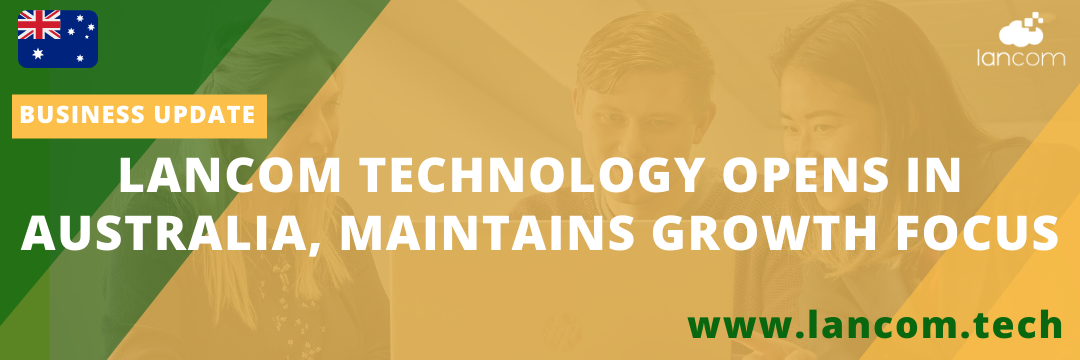Seems almost crazy, but the era of ‘serverless architecture’ is upon us. It’s a continuation of the availability of utility cloud computing and it matters to most businesses because it means you can develop and operate your services without ever worrying about operating systems or underlying hardware. All you need to do is produce the code and run it.
On what, you rightly ask? The short answer is ‘containers’.
Serverless computing is an execution model in which your cloud provider dynamically manages the allocation of machine resources (those machines would be the actual ‘servers’ – but they have nothing to do with you, certainly not in a physical sense: they are completely abstracted away from the end user). Pricing is based on the amount of resources consumed by your application, rather than on pre-purchased capacity. In other words, serverless consumption models are ‘on demand’ utility computing.
When your developers are completely free of concerns around an operating system and run code that is only instantiated as needed and billed based on execution time, it means saying goodbye to onerous (and potentially expensive) overheads. It makes the whole process simpler, faster and more cost effective. That’s why there is massive growth in serverless computing, with ZDNet reporting ‘triple digits.
The serverless rabbit hole gets slightly deeper with the emergence of yet another -aaS term: Functions as a service. FaaS is a subset of serverless computing which describes the capability of running individual code functions rather than entire applications (which means applications themselves can be componentised). FaaS is available in Microsoft Azure, for example.
What’s driving serverless adoption?
We’ve already looked at the obvious, which is reduced overhead and costs since developers don’t have to worry about specifying and managing infrastructure. But there’s a bigger picture, too. Competitiveness.
Being able to build, test and improve applications faster than competitors is valuable. It can win and keep customers. It can deliver the ‘wow’ factor with personalised, always-available online services that customers increasing expect in the digital age.
With serverless technologies, developers are free to focus on code. Your business pays only for what it uses. More results from the same money.
It’s precisely these attractive benefits which are driving the rapid adoption of serverless technology (and some say it is ultimately FaaS which is the real hook). That’s because FaaS means you can get the capability and compute resources to run your applications without requiring a ton of scripting. In other words (again) it is simpler and faster to create and run code in the cloud.
What you should do about serverless computing
Many organisations are probably using serverless computing already without necessarily realising it. This is a good thing; it means your developers are making full use of new tools available from cloud providers.
It’s a good idea to understand what serverless is and how it can add further benefits to your organisation. Wherever you have application development teams, there are potentially substantial gains to be made.
But there’s also a ‘beware’. It is early days for serverless computing. Lack of maturity means there is some fluidity in this environment. Best practice is scarce or entirely absent. Skills are just forming, so they could be hard to come by.
Keep serverless computing on the radar. Work with your developers to see what they think, gauge if and how they are (or could be) using serverless computing. And feel free to contact one of our experts if you’d like to know more.







